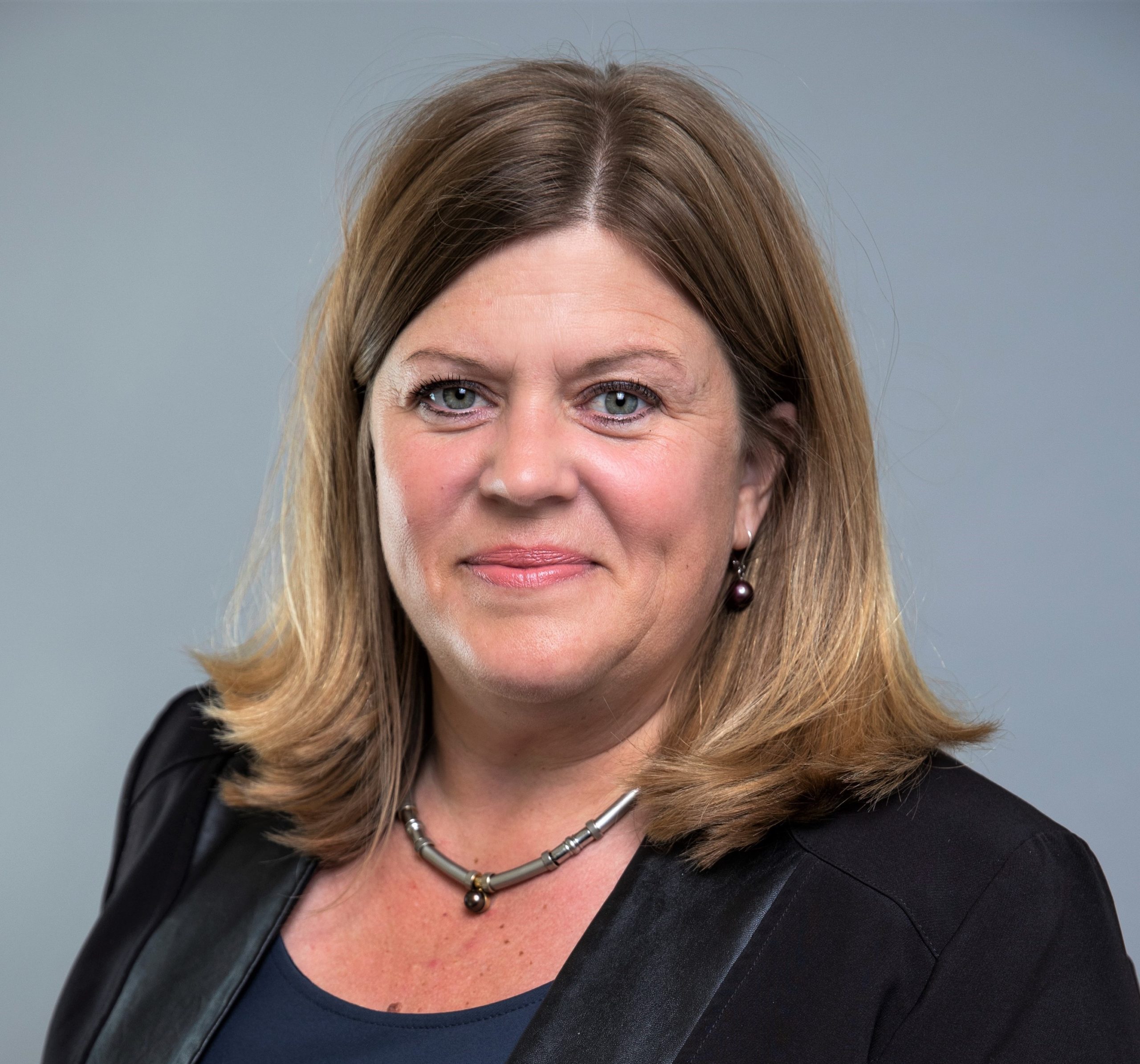|
Getting your Trinity Audio player ready…
|
By Elvis Dumba
Mutare – As the world prepares to meet in Sweden for Stockholm+50 on the 2nd and 3rd of June this year during the world environment week, calls have been made to accelerate the involvement of climate change crisis hard-hit communities such as children, women, and people with disabilities.
The clarion call came out during the national Stockholm+50 consultation meeting held in Mutare.
The consultation meeting which was attended by young people, women, and people with disabilities saw participants coming up with contribution on climate crisis management that will be presented in Sweden for consideration in the world framework on the phenomenon.
Sweden’s Ambassador to Zimbabwe, Asa Pehrson said the environment and climate change are key priorities for the Swedish government that saw it launch and introduce a Drive for Democracy initiative as there is a clear link between environmental issues and human rights.
Ambassador Pehrson said marginalized groups are mostly affected by the climate crisis.
“Climate crises have a negative and disproportional impact on marginalized groups who have little power to change the status quo. For example, we are hearing more reports of human-wildlife conflicts incidences as children walk to school. The changing climate and degraded environment are blurring the boundaries between wildlife and human landscapes. This is a single example of many issues that need to be addressed,” the Swedish Ambassador said.
Ambassador Pehrson said the national consultations will help to amplify the voices of children, women, and people with disabilities in challenges and opportunities identification with climate change issues.
Manicaland Minister of State for Provincial Affairs and Devolution, Hon Nokuthula Matsikinyeri said a multi-stakeholder approach to climate change challenges that’s inclusive should be embraced for upscaling responses to the climate crisis.
“This consultation presents an opportunity for co-creation and embracing a multi-stakeholder approach towards interrogating the relationship between humans and nature, what we invest in, and how resources are shared. It is important that the Zimbabwean population defines and identifies organic environmental issues that need to be prioritised at local and global levels in this last decade of action,” she remarked during her welcome address.
The United Nations Development Programme Resident Representative Mia Seppo said climate change has eroded the capabilities of many developing countries in sustaining equitable economical growth with marginalized groups hard hit the most.
“It is anticipated that climate change will cause increasing hardships for persons with disabilities and other vulnerable groups whose quality of life is likely to deteriorate. The ability to adapt livelihood opportunities is expected to decline in a changing environment with climate change also likely to cause an increase in the incidence and prevalence of disability impairments. Addressing the nexus between climate change and disability is about equity and justice.”
Seppo said climate change challenges call for combined efforts of all.
The national consultation meeting is part of a wider sectorial approach for coming up with a natural framework for presentation during the Stockholm+50 conference in Sweden.
The conference is coming in time to check on challenges and opportunities on climate change issues fifty years after the United Nations’ first conference on the environment.
The conference will run under the theme, “Stockholm+50: a healthy planet for the prosperity of all – our responsibility, our opportunity.”
Zimbabwe’s National consultation with various sectors is ongoing with a contributory national document expected to be fed into the global consultation meeting in Sweden in an effort to tackle the Earth’s triple planetary crisis on climate, nature and pollution.
